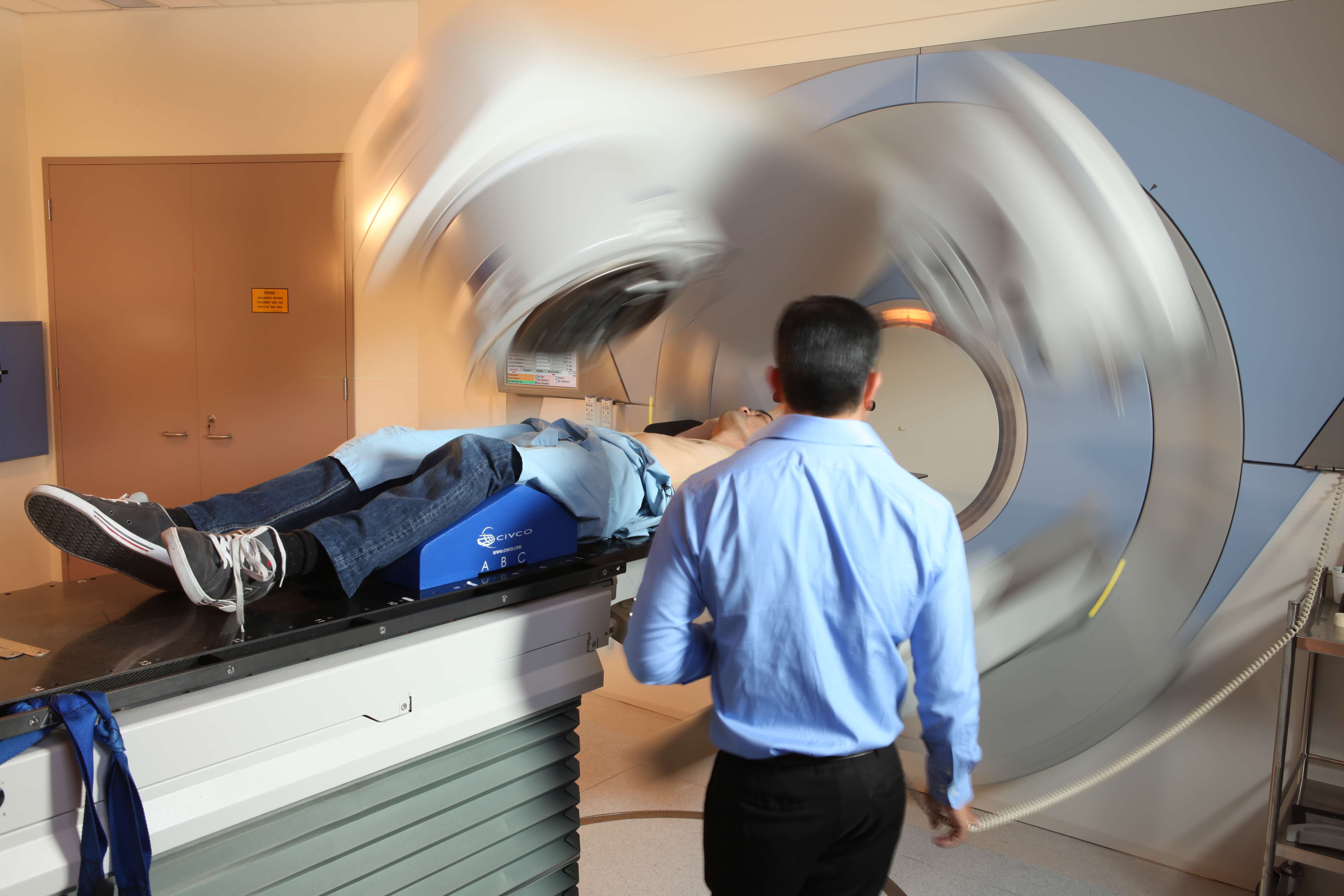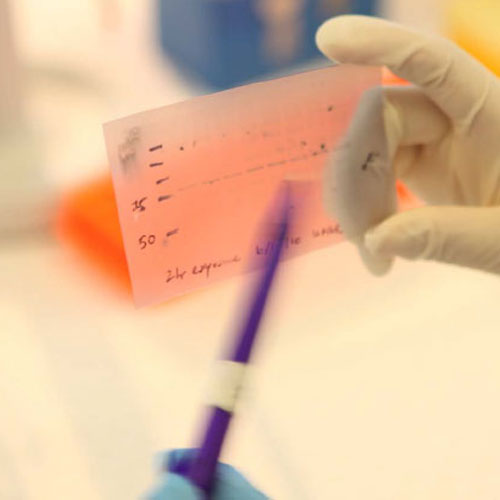The Gastro-Intestinal Viral Oncology Group focuses on infectious causes of gastro-intestinal cancer with a special emphasis on Barrett’s oesophagus, a precancerous condition of the oesophagus.
This was the first group in the world to hypothesise (2009 & 2010) and publish (2013, 2014, 2015) evidence to show that human papillomavirus infection is strongly incriminated in the aetiology of Barrett’s dysplasia and oesophageal adenocarcinoma.
The following are world first discoveries made by the Group led by Professor Shan Rajendra.
- Demonstrated that both increasing hr-HPV viral load and integration status is linked with more severe disease along the Barrett’s metaplasia-dysplasia-adenocarcinoma sequence.
- In a prospective study showed that persistent hr-HPV infection and p53 overexpression (mutation of a tumour suppressor gene) are associated with treatment failure after endoscopic treatment of Barrett’s dysplasia and oesophageal adenocarcinoma
- Discovered that HPV associated oesophageal adenocarcinoma had a distinct distribution of molecular aberrations/genomic abnormalities compared with HPV negative oesophageal cancer indicating different biological mechanisms of tumour formation
- Hybrid sequences containing HPV16 and the human genome were identified in oesophageal cancer providing evidence for a host-viral interaction
- Recently discovered a molecular signature characteristic of HPV driven Barrett’s dysplasia and oesophageal adenocarcinoma.
The discovery of an infectious agent i.e high-risk HPV 16 and 18 as a aetiological factor in dysplastic and cancerous oesophageal tissue is bringing about a paradigm shift in basic, translational and clinical studies involving Barrett’s oesophagus and adenocarcinoma. It is tempting to speculate that in the near future we may be able to ablate and vaccinate against this condition.
The Group’s findings have been subject of invited lectures and oral presentations at the EUROGIN (European Genital Infections and Neoplasia) Conferences in Florence 2013, Seville 2015, Salzburg 2016, Amsterdam 2017, OESO Conferences in Paris 2013, Geneva 2017, United European Gastroenterology Week (UEGW) in Vienna, 2014 & 2016, 5th Asia-Pacific Gastroesophageal Cancer Congress, Brisbane 2015, and the British Society of Gastroenterology, Endoscopy Masterclass, Nottingham 2015.
The group is supported by the Oesophageal Cancer Research Fund [Directors: Professor Shan Rajendra, Mr. Manu Gupta, Ms Maryanne Chehade] Sam Fayad (COO, Dyldam), Tony Merhi (CEO, Merc Capital),Michael Khattar (Renaissance), Kishen Enterprise Pty Ltd, Ingham Institute for Applied Medical Research.
Current research collaborations are with the German Cancer Institute, Heidelberg, Germany, Queen’s Medical Centre, University of Kansas, USA, University of Nottingham and University of Derby, UK.



